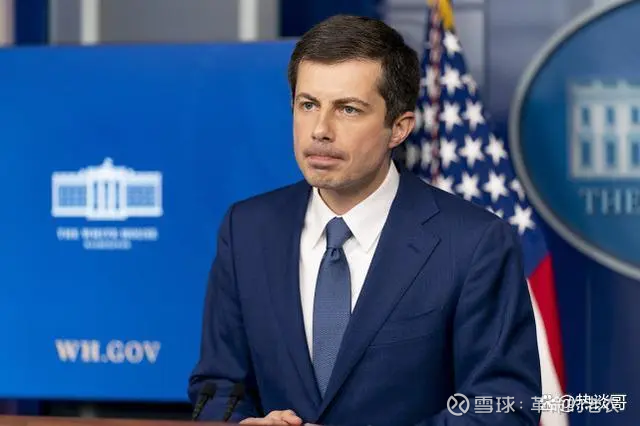Two US House of Representatives committees said on Friday that they are investigating Ford Motor’s partnership with Chinese battery giant CATL to assess potential risks associated with foreign involvement in critical industries. In February, Ford announced it was spending $3.5 billion to build a battery plant in Michigan using technology from CATL, the world’s leading electric vehicle (EV) battery maker. Since the announcement, American anti-China politicians have been acting like cats that have scented fish, demanding Ford to prove its innocence, putting on a stance that they will not stop until Chinese elements are eliminated.

Why do American companies like Ford choose to cooperate with Chinese firms? Reasons can be found in The New York Times’ report – it is next to impossible for any other country, apart from China, to become self-reliant in the battery supply chain, and companies anywhere in the world will look to form partnerships with Chinese manufacturers to enter or expand in the industry. By 2030, China will make more than twice as many batteries as every other country combined.
Ford also admits that the US is not yet prepared to compete with China in the production of electric vehicles. Honestly speaking, cooperation benefits the development of the US’ new-energy vehicle industry. But such an opportunity is being hunted down by Washington. Ultimately, it is a self-inflicted mental friction of the US.
It is not just in the EV sector. Nowadays, in almost every domain related to high-tech and cutting-edge industries, some politicians in the West harbor an extremely unhealthy and unfair zero-sum or even negative-sum competition mentality toward China. As Chinese Ambassador to the US Xie Feng recently stated at the Aspen Security Forum in Colorado, it’s like wearing the most advanced shark skin swimsuit in a swimming competition while others are only allowed to wear outdated swimsuits. “Where is the basic fairness?” Xie asked.
On the race track of EVs, they now see China taking a lead, and instead of trying to catch up, their first thought is to find a way to tie sandbags on the legs of Chinese industry. This is not merely a matter of fairness; It is serious damage to the global industrial chain established based on market rules.
Some people say that the degree of development of the automobile manufacturing industry is a barometer of a country’s industrialization progress. China’s current advantages in the field of EVs are a direct manifestation of China’s industrial manufacturing capabilities and industrialization level. It is also the result of the Chinese government and enterprises attaching great importance to green environmental protection and low-carbon economy. It is a pity that some politicians in the US and the West are not clear about this basic logic. They always confuse causes and effects and try to curb China’s development by destroying these leading industries in China. But they end up finding that these industries have not been defeated but are getting stronger, and new advantageous industries are emerging one after another.
Another obvious consequence of suppressing Chinese EV companies is to seriously damage global efforts to combat climate change.
Now some people in the US and the West still talk about the photovoltaic industry, saying that the “mistakes” made in photovoltaics must not be repeated in the new-energy vehicles market. In fact, they should really look back and take a good look at the lessons left by the photovoltaic industry’s siege and containment of China. Since 2011, the US has launched anti-dumping and anti-subsidy investigations against China. According to some analyses, the US and Europe jointly blocked more than 80 percent of the global market in the photovoltaic industry. Although China’s photovoltaic industry was once severely affected, it has not been defeated, and now accounts for more than three quarters of the global photovoltaic module output. It has a complete photovoltaic industry chain and technology and the world’s largest photovoltaic power generation scale.
In the final analysis, in the face of complex industries that require division of labor and cooperation, especially emerging industries, we should not treat them with zero-sum, negative-sum game thinking. The trend of new-energy vehicles was brought up by Tesla, and it is still a leader in the industry. China has never regarded Tesla as an “enemy,” but welcomed Tesla into China. The end result is that Tesla’s huge profits in the Chinese market support its further technology research and development, and competition with Tesla is an important reason for the rapid development of related companies and industries in China. A simple truth is that if you can’t face up to the advantages of your competitors, you can’t talk about surpassing them.
Many analysts believe there is a high probability the US may introduce restrictive measures. We have never had any illusions about the attitudes and cognition of those anti-China politicians in Congress toward China, and we believe that our related companies will also make adequate estimates and preparations for emerging political risks. At the same time, if Washington wants to “ensure its own advantages” by snuffing out every technological advancement in China, it will fall into endless self-torture. The arrogance of “beating China back to the Stone Age” and “China is only allowed to produce shirts and socks” is even more idiotic.